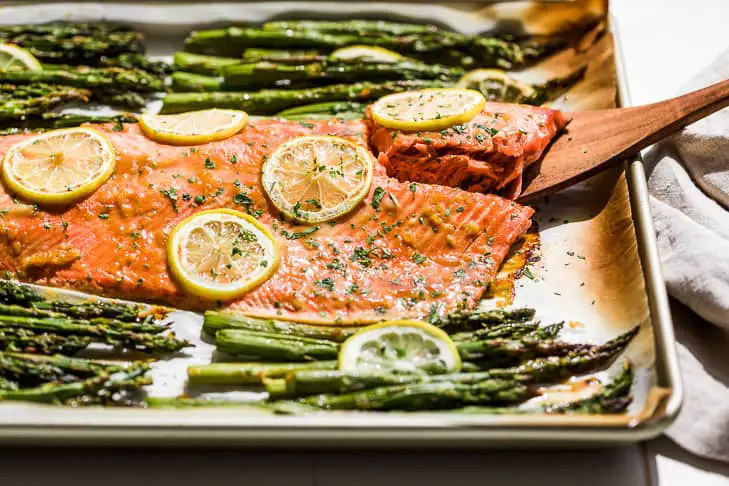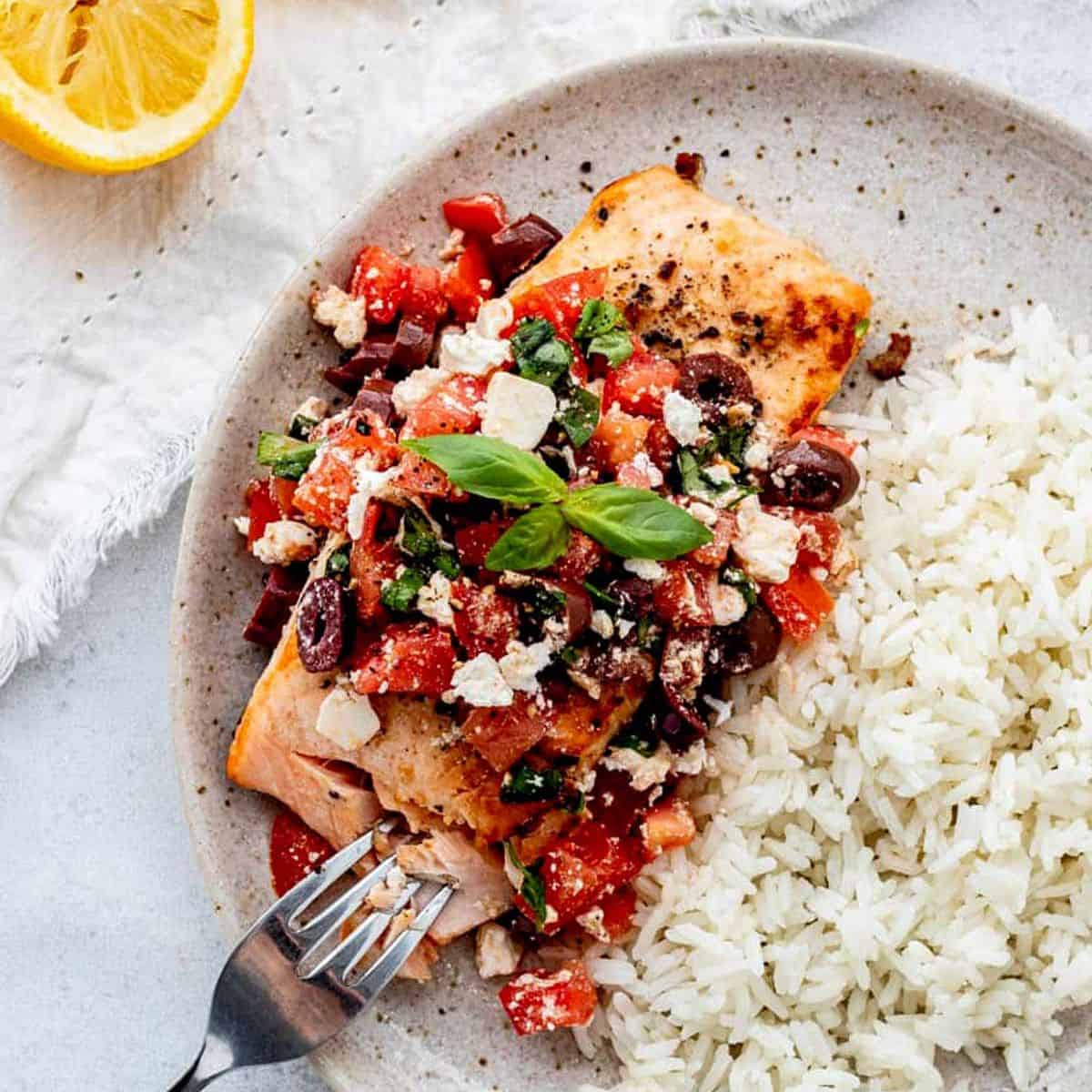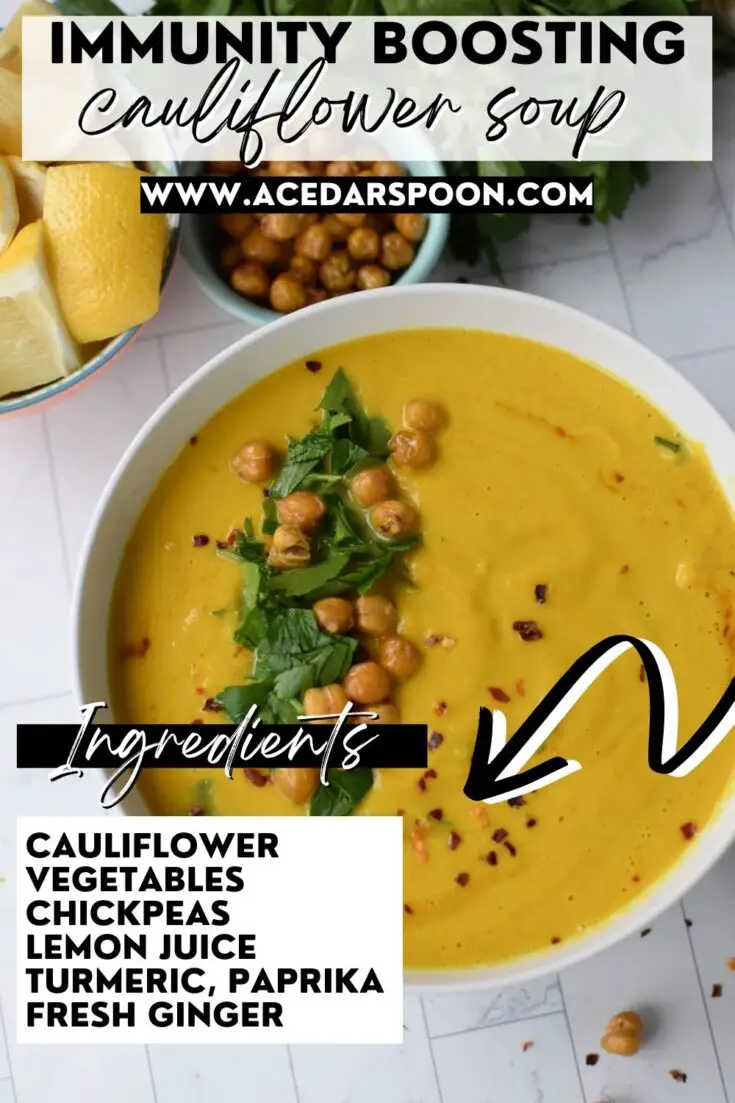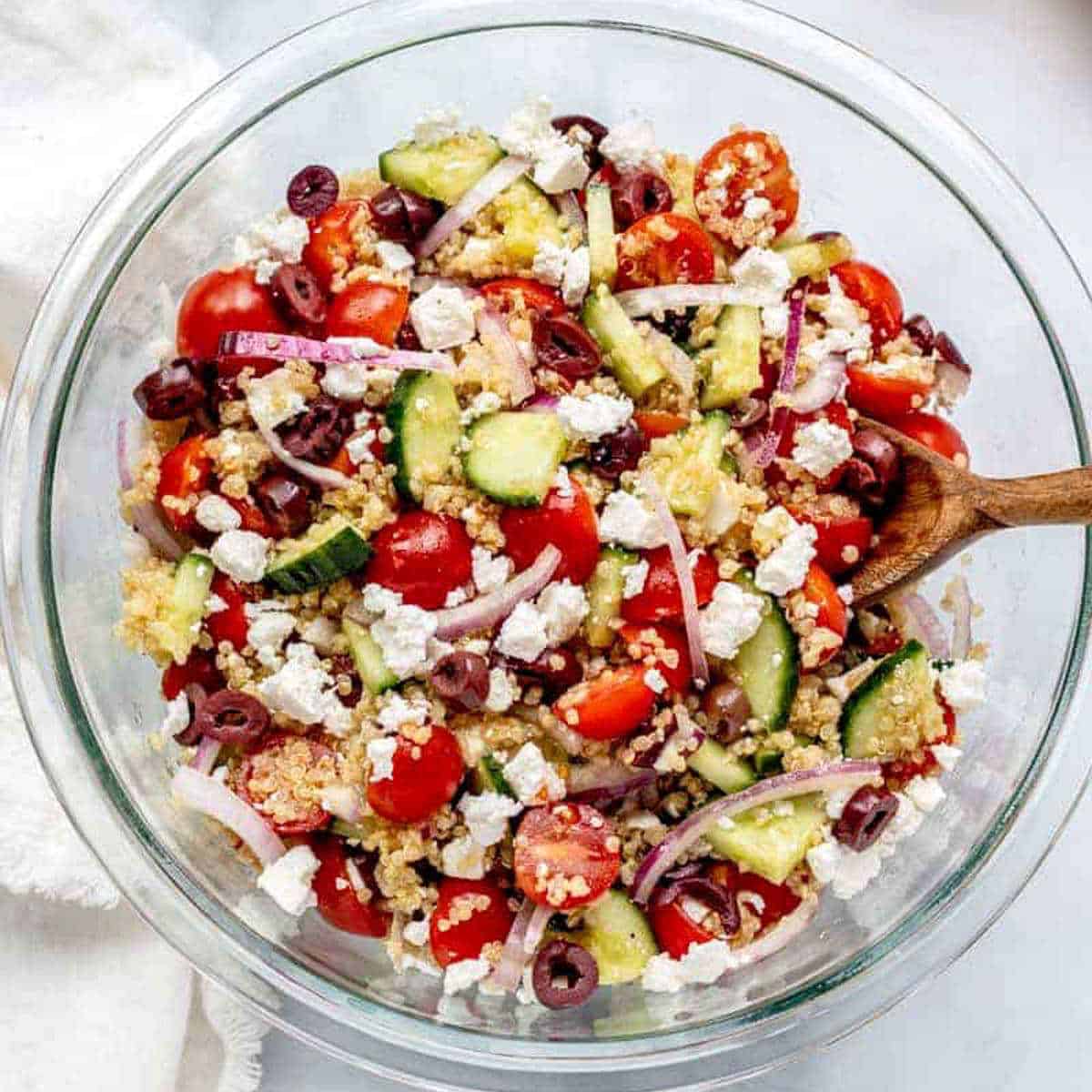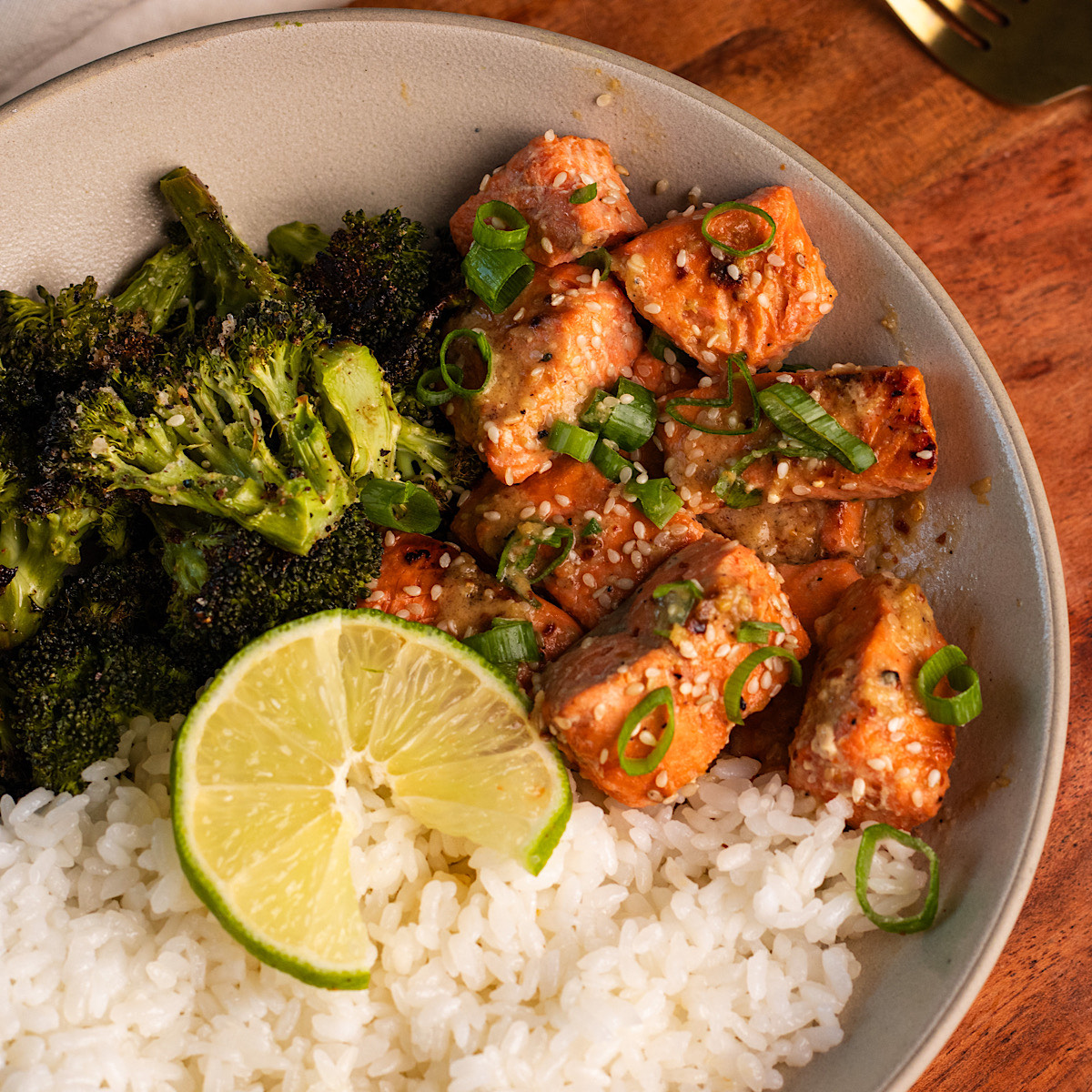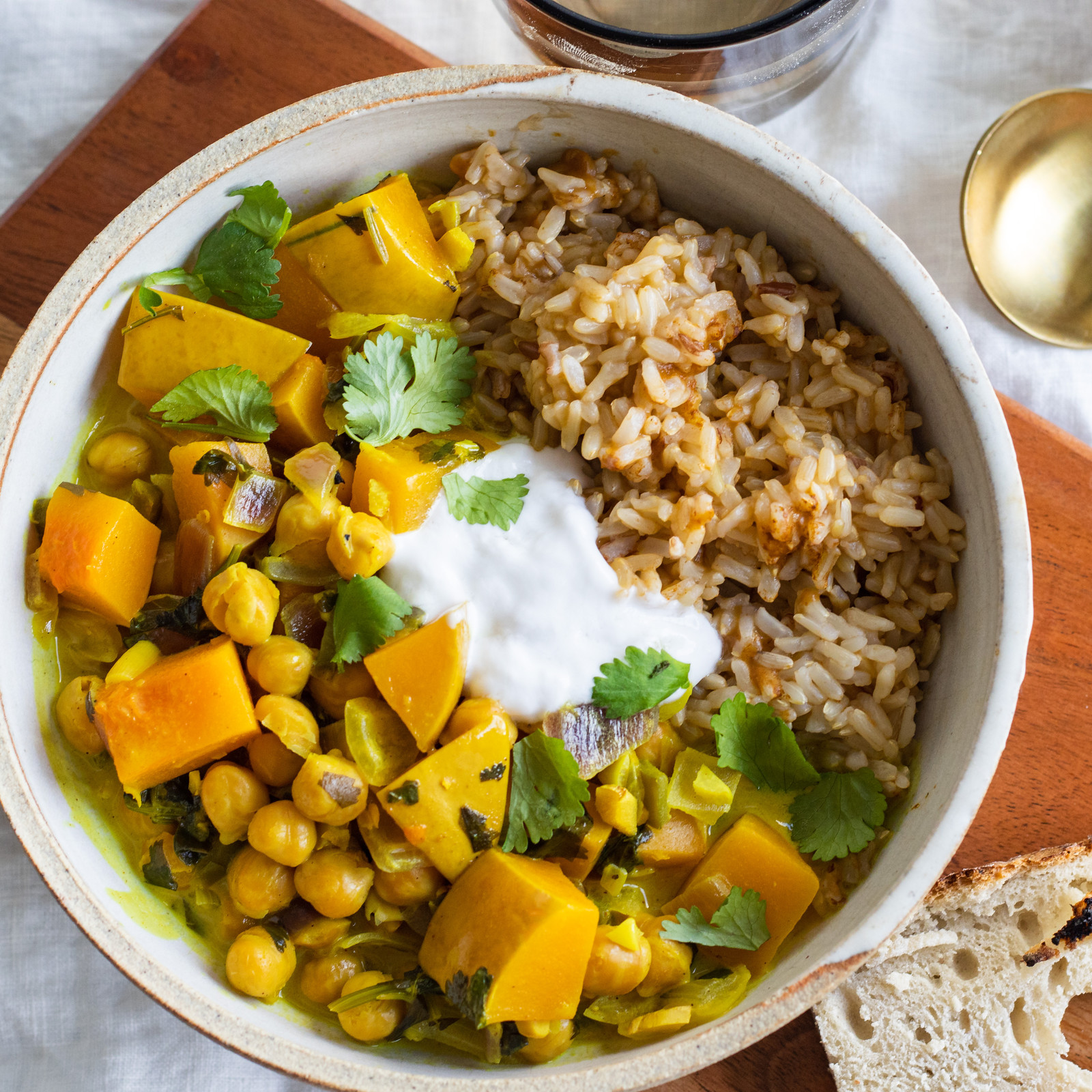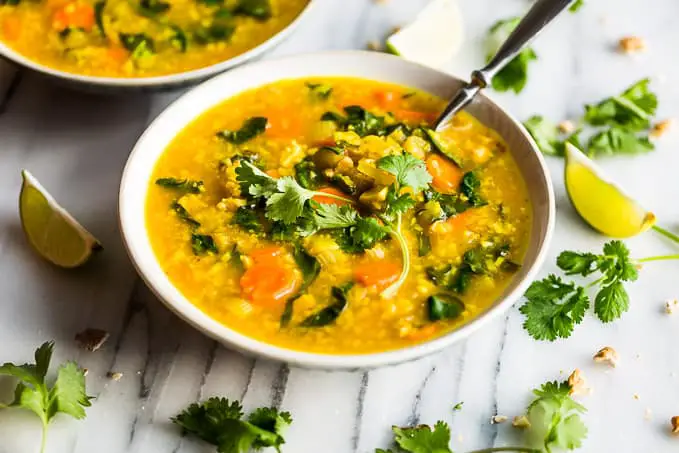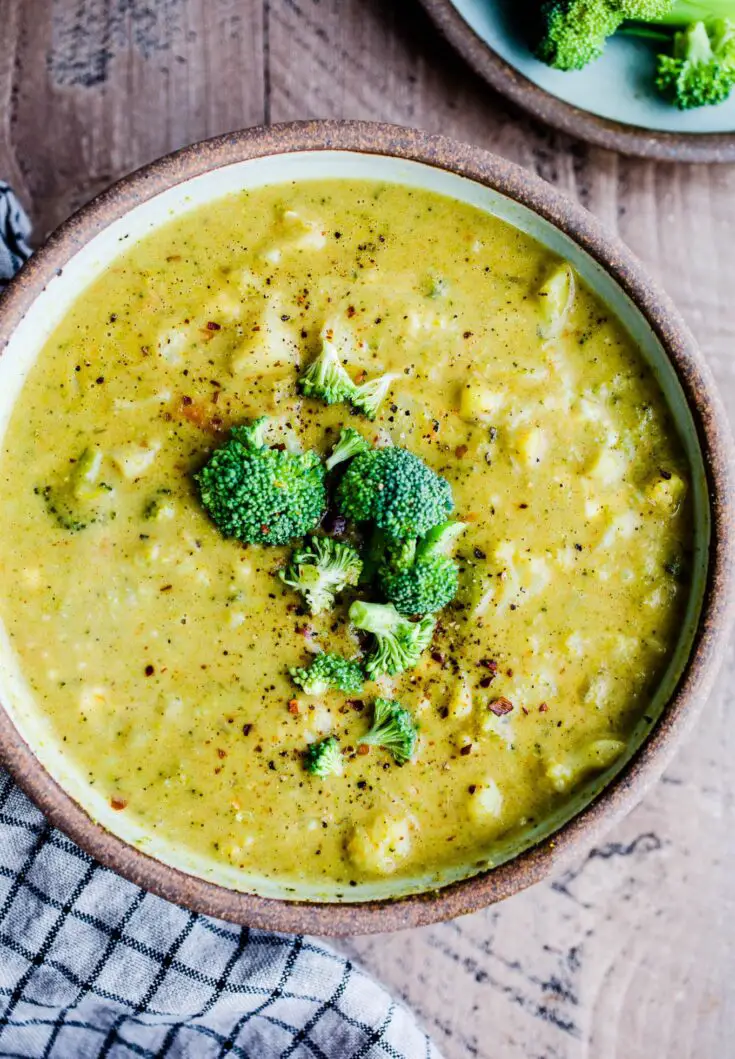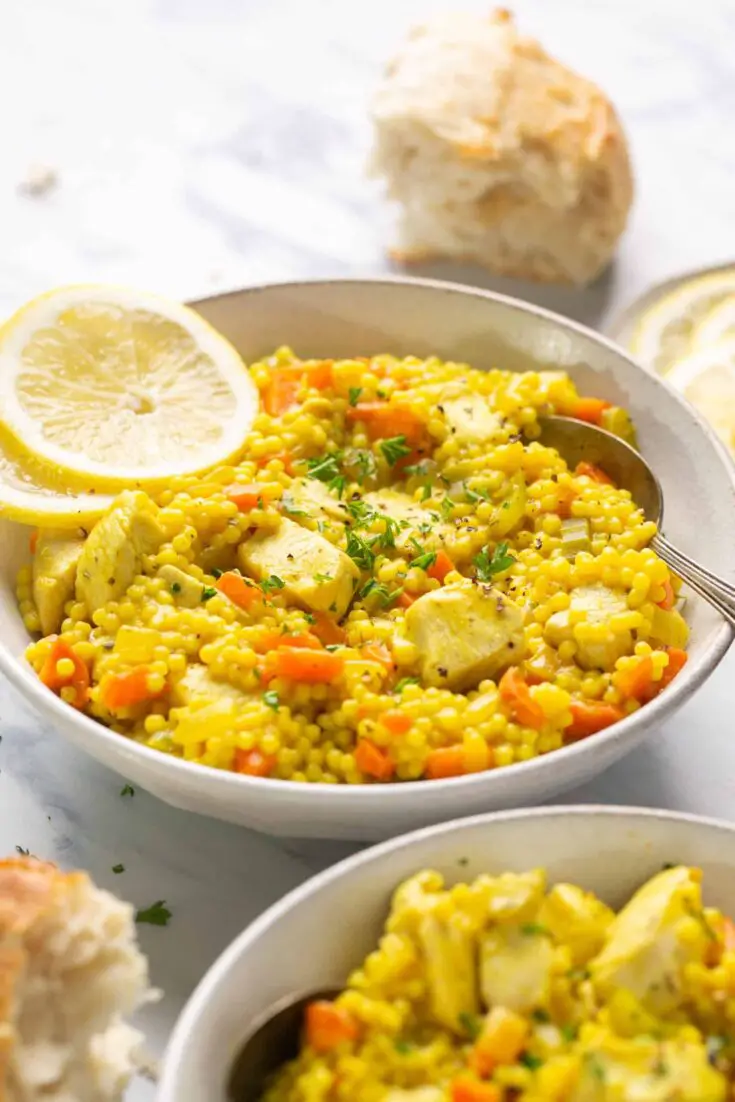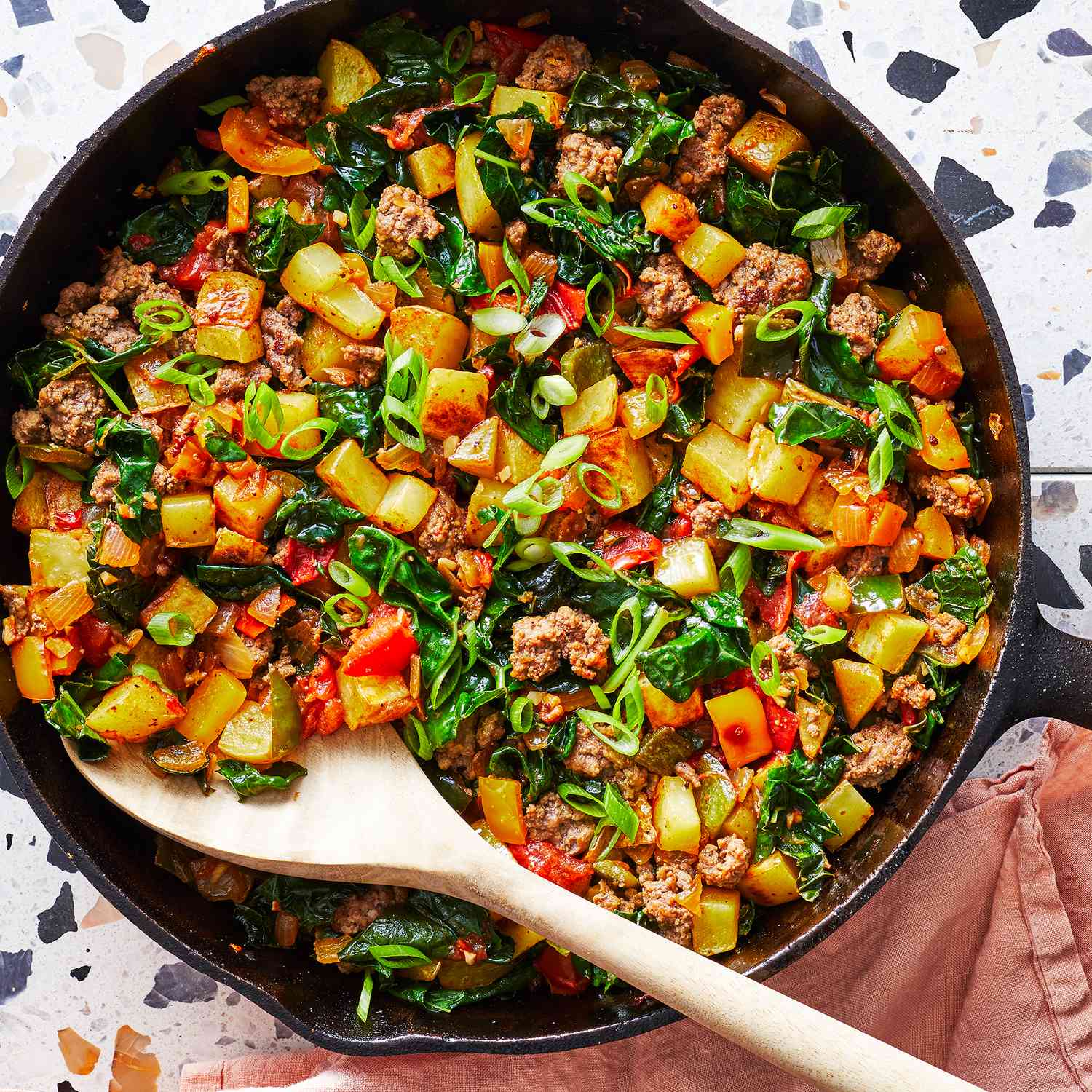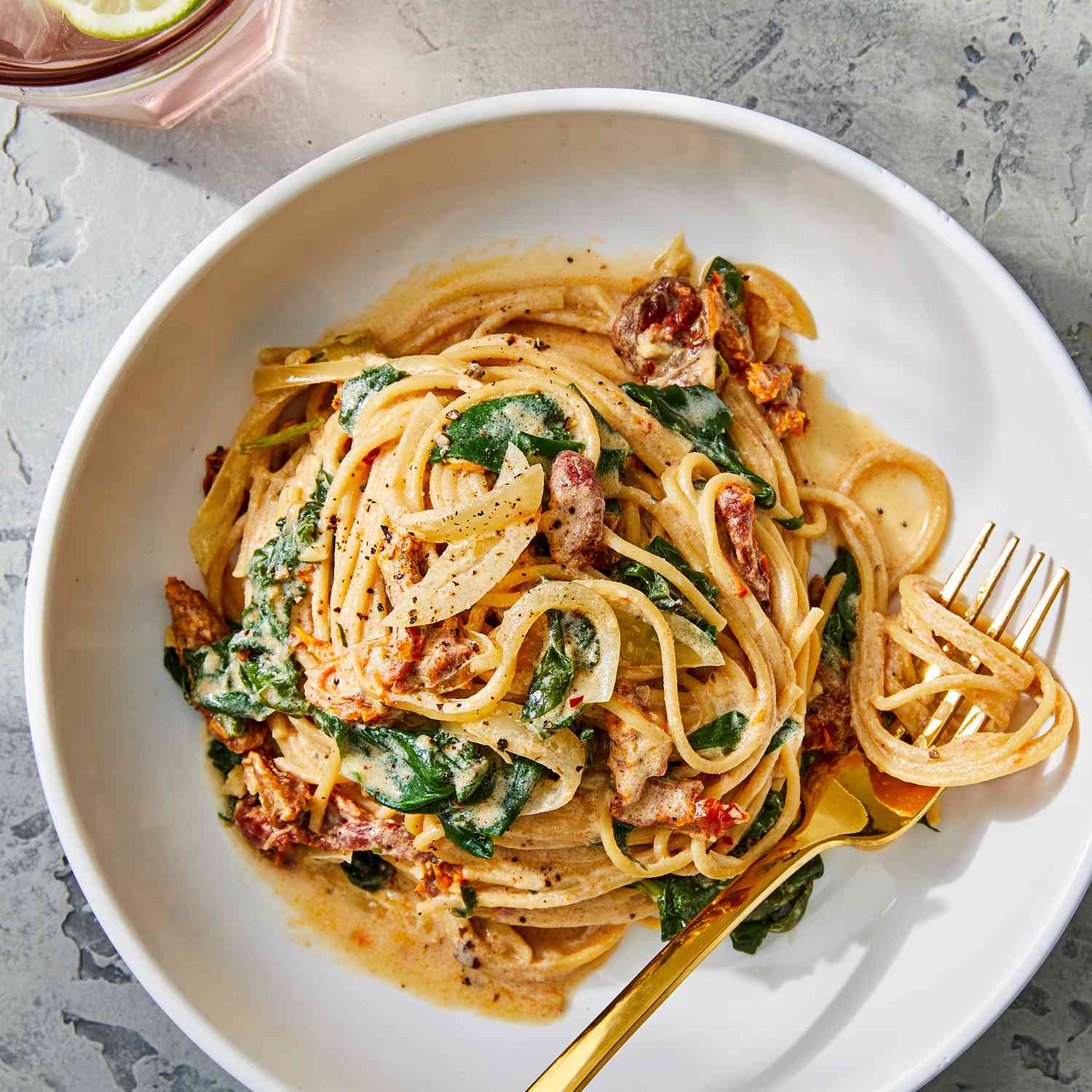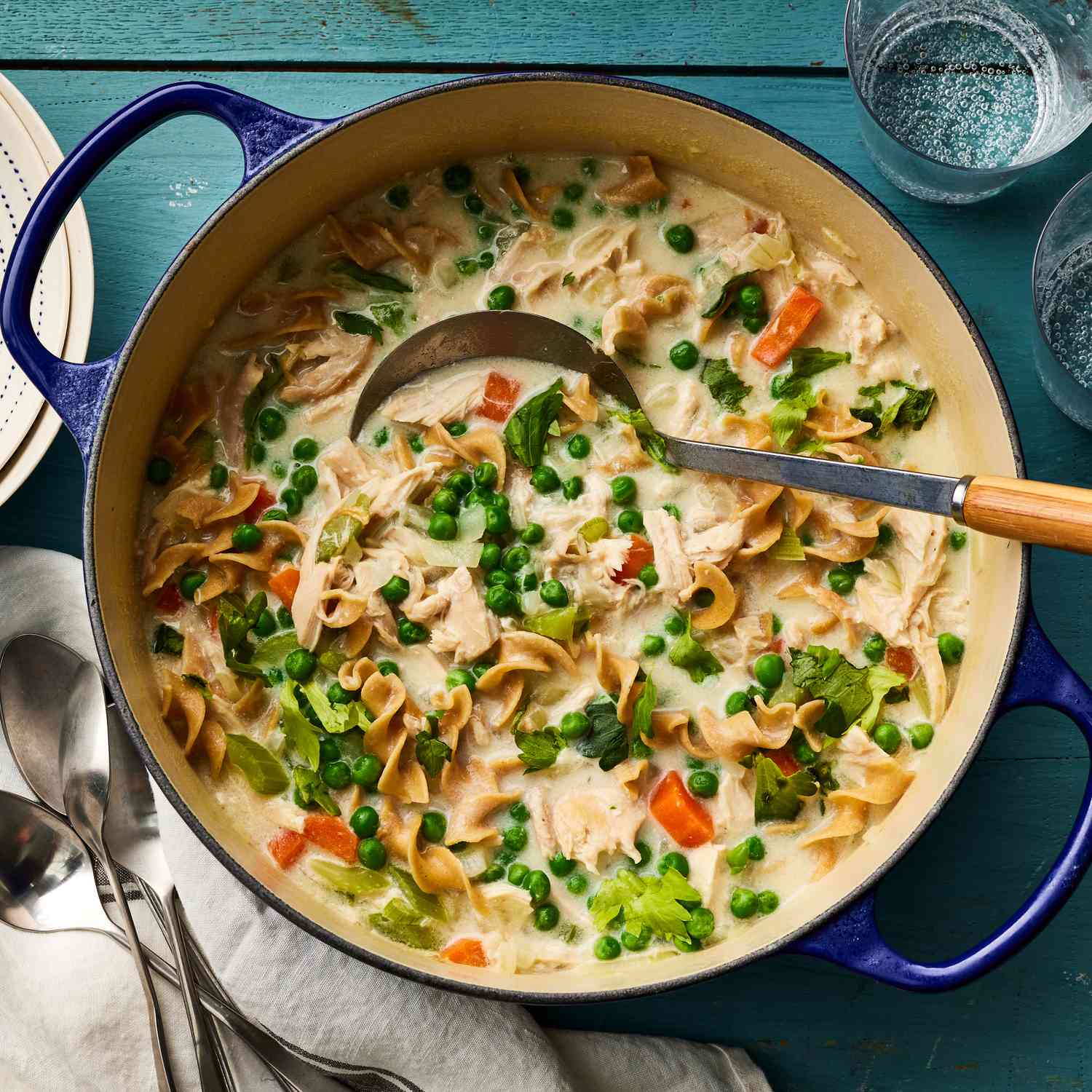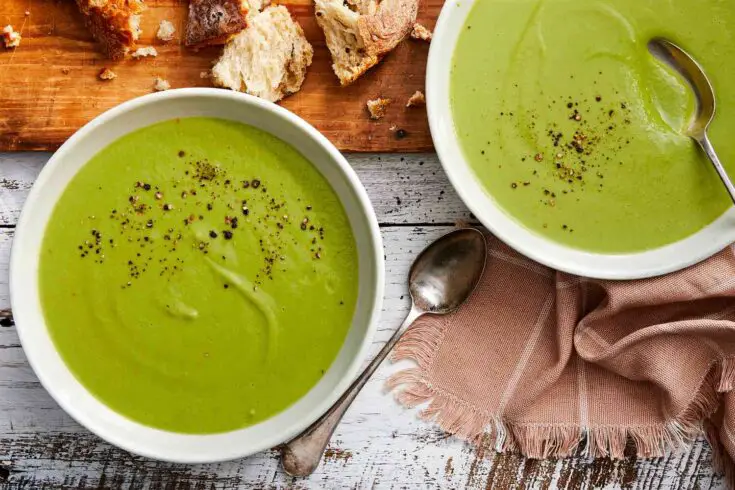Delicious and Healthy Recipes for Reducing Inflammation
A healthy diet can play a significant role in reducing inflammation in the body. Inflammation is the body’s natural response to injury or infection, but chronic inflammation can lead to a range of health issues, including heart disease, diabetes, and arthritis. Incorporating anti-inflammatory foods into your diet can help reduce inflammation and promote overall health. In this article, we will explore some of the best anti-inflammatory dinner options that are both delicious and nutritious.
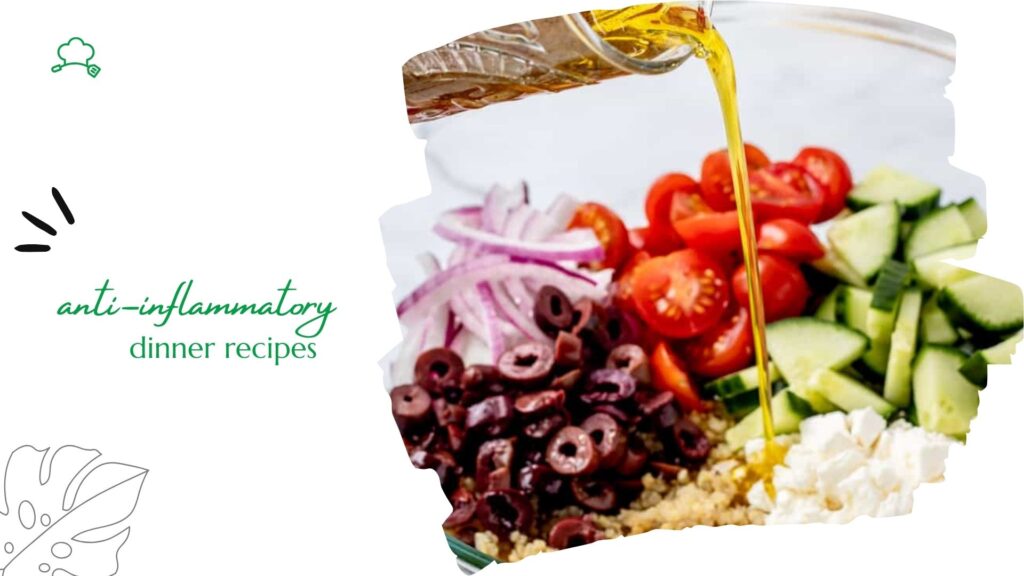
One of the key components of an anti-inflammatory diet is consuming plenty of fruits and vegetables. These foods are high in antioxidants, which can help reduce inflammation and protect the body from damage caused by free radicals. Additionally, foods that are rich in omega-3 fatty acids, such as fatty fish, nuts, and seeds, can also help reduce inflammation. By incorporating these foods into your dinner routine, you can help support your body’s natural inflammatory response and promote overall health.
Best Anti-inflammatory Dinners
This Sheet Pan Salmon and Asparagus recipe is quick and easy to make and a great gluten-free, dairy-free, and paleo dinner everyone loves.
This Mediterranean Salmon is pan-fried to perfection and packed with flavour & nutrients. An easy meal that can be made in 30 minutes!
My Creamy Cauliflower soup is a warming and healthy soup that is perfect for when the weather is cold. I flavor this beautiful Golden Soup with fresh garlic and ginger, as well as ground turmeric.
Turmeric Lime Chicken is a 30-minute anti-inflammatory dinner dish made from breaded pan-fried chicken and served with different sides or in a sandwich.
Easy Grain-free Sushi Recipe you can make for a crowd. Made with cauliflower rice, it’s a lower carb version of a Japanese delicacy. Whole30 friendly too!
This healthy Greek Quinoa Salad is loaded with delicious Mediterranean inspired flavors. Perfect for meal prep! Gluten-free and vegetarian.
These Miso Ginger Salmon Bite Bowl with Broccoli is a delicious and healthy salmon recipe. It is healthy and easy to make.
This vegan lemon turmeric chickpea stew is vegan and perfect for fall. Avocado Skillet is a plant based food blog.
This Anti-Inflammatory Turmeric Chicken Soup is packed with immune boosting ingredients like garlic and ginger as well as being loaded with vegetables too!
This Curried Broccoli Cauliflower Soup is completely dairy-free. Made with vegetables and spices for a delicious, hearty one-pot meal!
This Lemon Ginger Chicken Soup is the perfect recipe when you want a cozy meal or you’re feeling under the weather! This soup is packed with tons of flavor, anti-inflammatory properties and protein.
This one-skillet ground beef recipe is a family-friendly meal. Cook the ground beef, potatoes and veggies in one pan for an easy weeknight dinner.
In this sun-dried tomato pasta recipe, we use the oil from sun-dried tomatoes for the base of the cream sauce. Serve with a green salad for dinner.
This creamy chicken noodle soup recipe has a delicious pot pie feel to it. Pair this comforting soup with a green salad or a sandwich.
This simple pea soup recipe makes an elegant start to a spring meal. Serve with crusty bread and a side salad for an easy dinner.
Understanding Inflammation
Inflammation is a natural process that occurs in the body in response to injury or infection. It is a complex biological response that involves the immune system, blood vessels, and various cells and chemicals in the body. While inflammation is a necessary process for healing, chronic inflammation can have negative effects on health.
Causes of Inflammation
Inflammation can be caused by a variety of factors, including:
- Infections: Bacterial, viral, and fungal infections can trigger inflammation in the body.
- Injuries: Physical injuries, such as cuts, bruises, and burns, can cause inflammation.
- Toxins: Exposure to environmental toxins, such as pollution and chemicals, can lead to inflammation.
- Poor diet: Consuming a diet high in processed foods, sugar, and unhealthy fats can contribute to chronic inflammation.
- Stress: Chronic stress can lead to inflammation in the body.
Effects of Inflammation on Health
Chronic inflammation has been linked to a number of health conditions, including:
- Cardiovascular disease: Chronic inflammation can damage blood vessels and increase the risk of heart disease and stroke.
- Diabetes: Inflammation can interfere with insulin signaling and contribute to insulin resistance, a key factor in the development of type 2 diabetes.
- Autoimmune disorders: In some cases, chronic inflammation can trigger an autoimmune response, leading to conditions such as rheumatoid arthritis and lupus.
- Cancer: Chronic inflammation has been linked to an increased risk of certain types of cancer, including colon, lung, and breast cancer.
Overall, understanding the causes and effects of inflammation can help individuals make informed decisions about their diet and lifestyle to reduce the risk of chronic inflammation and its associated health problems.
Principles of an Anti-Inflammatory dinners Diet
An anti-inflammatory diet is a way of eating that focuses on reducing inflammation in the body. Inflammation is a natural response to injury or infection, but chronic inflammation can lead to a host of health problems, including heart disease, diabetes, and cancer. By following an anti-inflammatory diet, individuals can help reduce inflammation and promote overall health.
Key Nutrients and Their Sources
An anti-inflammatory diet is rich in nutrients that have been shown to help reduce inflammation in the body. These include:
- Omega-3 fatty acids: Found in fatty fish like salmon, as well as flaxseeds, chia seeds, and walnuts.
- Fiber: Found in fruits, vegetables, whole grains, and legumes.
- Antioxidants: Found in colorful fruits and vegetables, as well as herbs and spices like turmeric and ginger.
- Vitamin D: Found in fatty fish, egg yolks, and fortified foods like milk and cereal.
By incorporating these nutrient-rich foods into their diet, individuals can help reduce inflammation and promote overall health.
Foods to Avoid anti-inflammatory dinners
In addition to incorporating anti-inflammatory foods, individuals following an anti-inflammatory diet should also avoid foods that can promote inflammation in the body. These include:
- Processed foods: These foods are often high in sugar, unhealthy fats, and other additives that can promote inflammation.
- Trans fats: Found in fried foods, baked goods, and processed snack foods.
- Sugary drinks: These drinks are high in sugar and can promote inflammation and weight gain.
- Red meat: While lean cuts of red meat can be a healthy part of a balanced diet, processed and fatty cuts should be avoided.
By avoiding these inflammatory foods and focusing on nutrient-rich, anti-inflammatory foods, individuals can help reduce inflammation and promote overall health.
Planning Your anti-inflammatory Dinners
When it comes to planning an anti-inflammatory dinner, there are a few things to keep in mind. This section will cover portion sizes and meal timing.
Portion Sizes
It’s important to pay attention to portion sizes when planning an anti-inflammatory dinner. Eating too much can lead to inflammation in the body, so it’s best to stick to moderate portions. A good rule of thumb is to fill half of your plate with non-starchy vegetables, a quarter with lean protein, and a quarter with whole grains or starchy vegetables.
Meal Timing
The timing of your dinner can also play a role in reducing inflammation. It’s best to eat your last meal of the day at least two to three hours before bedtime. This gives your body time to digest the food before you go to sleep, which can help reduce inflammation.
In addition, it’s important to avoid eating too late at night or skipping meals. Both of these can cause blood sugar imbalances and increase inflammation in the body.
By paying attention to portion sizes and meal timing, you can create a healthy and anti-inflammatory dinner that will help reduce inflammation in the body.
Anti-Inflammatory Dinner Recipes
Inflammation is a natural response of the body to injury or infection, but chronic inflammation can lead to various health problems. One way to reduce inflammation is through diet, and incorporating anti-inflammatory ingredients into dinner recipes can be a great start. Here are some delicious anti-inflammatory dinner recipes that are easy to make and packed with nutrients.
Poultry and Meat Dishes
While red meat can be pro-inflammatory, lean poultry and grass-fed beef can be part of an anti-inflammatory diet. Adding anti-inflammatory herbs and spices can also help reduce inflammation. Here are some poultry and meat dinner ideas that are both delicious and anti-inflammatory:
Incorporating anti-inflammatory ingredients into dinner recipes can be a great way to reduce inflammation and promote overall health. These recipes are easy to make and packed with nutrients, making them a great addition to any diet.
Vegetarian Options
Vegetarian meals are a great way to add more anti-inflammatory foods into your diet. Some of the best anti-inflammatory ingredients include leafy greens, berries, nuts, and whole grains. Here are some vegetarian dinner ideas that are both delicious and anti-inflammatory:
- Quinoa and kale salad with roasted sweet potatoes, avocado, and walnuts
- Lentil soup with turmeric, ginger, and spinach
- Chickpea and vegetable stir-fry with brown rice
- Grilled portobello mushrooms with roasted vegetables and quinoa
Seafood-Based Meals
Seafood is a great source of omega-3 fatty acids, which have anti-inflammatory properties. Incorporating seafood into your dinner recipes can be a great way to reduce inflammation. Here are some seafood-based meal ideas that are both delicious and anti-inflammatory:
- Grilled salmon with roasted Brussels sprouts and sweet potatoes
- Shrimp and vegetable stir-fry with brown rice
- Seared tuna with mixed greens, avocado, and cherry tomatoes
- Baked cod with roasted asparagus and quinoa
Supplements and Anti-Inflammatory Aids
Natural Supplements
Several natural supplements may help reduce inflammation in the body. One such supplement is fish oil, which contains omega-3 fatty acids. These fatty acids have been shown to decrease the production of inflammatory molecules in the body. Other supplements that may help reduce inflammation include curcumin, which is found in turmeric, and resveratrol, which is found in red wine.
It is important to note that while natural supplements can be helpful in reducing inflammation, they should not be used as a substitute for medical treatment. It is important to consult with a healthcare professional before taking any new supplements, especially if you are taking other medications.
Herbs and Spices
Many herbs and spices have anti-inflammatory properties and can be easily incorporated into a healthy dinner. For example, ginger has been shown to reduce inflammation in the body and can be added to stir-fries or soups. Garlic, another common herb, has been shown to have anti-inflammatory effects as well and can be added to roasted vegetables or used in salad dressings.
Other herbs and spices that may help reduce inflammation include cinnamon, which can be added to oatmeal or smoothies, and cayenne pepper, which can be used to add heat to dishes like chili or tacos.
Incorporating these natural supplements, herbs, and spices into your dinner can be a simple and effective way to help reduce inflammation in the body. However, it is important to remember that a healthy diet and lifestyle are also important factors in reducing inflammation and promoting overall health.
Lifestyle Considerations
When it comes to managing inflammation, lifestyle choices play a significant role. In addition to incorporating anti-inflammatory foods into one’s diet, other lifestyle factors can help reduce inflammation and promote overall health.
Exercise and Inflammation
Regular exercise has been shown to reduce inflammation in the body. Exercise helps to lower levels of inflammatory markers such as C-reactive protein (CRP) and interleukin-6 (IL-6). It also helps to improve insulin sensitivity, which can reduce the risk of chronic inflammation.
It is recommended that adults engage in at least 150 minutes of moderate-intensity exercise per week. This can include activities such as brisk walking, cycling, swimming, or dancing. Resistance training can also be beneficial in reducing inflammation.
Stress Management
Stress can contribute to inflammation in the body. When the body is under stress, it releases cortisol, a hormone that can increase inflammation. Therefore, managing stress is an essential component of reducing inflammation.
There are many ways to manage stress, including meditation, yoga, deep breathing exercises, and spending time in nature. It is also important to prioritize self-care activities such as getting adequate sleep, spending time with loved ones, and engaging in hobbies.
Overall, incorporating regular exercise and stress management techniques into one’s lifestyle can help reduce inflammation and promote overall health.
Frequently Asked Questions
Here are some frequently asked questions about anti-inflammatory dinners:
Q: What are some common ingredients in anti-inflammatory dinners?
A: Some common ingredients include leafy greens, fatty fish such as salmon, turmeric, ginger, garlic, and berries. These ingredients are known for their anti-inflammatory properties and can help reduce inflammation in the body.
Q: Can anti-inflammatory dinners help with chronic inflammation?
A: Yes, anti-inflammatory dinners can help with chronic inflammation. Chronic inflammation has been linked to many health problems such as heart disease, diabetes, and arthritis. Eating a diet rich in anti-inflammatory foods can help reduce inflammation and improve overall health.
Q: Are there any foods that should be avoided in anti-inflammatory dinners?
A: Yes, there are some foods that should be avoided in anti-inflammatory dinners. These include processed foods, refined sugars, and saturated fats. These foods can contribute to inflammation in the body and should be limited or avoided.
Q: Can anti-inflammatory dinners be tasty?
A: Yes, anti-inflammatory dinners can be tasty! There are many delicious recipes that incorporate anti-inflammatory ingredients such as roasted salmon with turmeric and ginger, quinoa bowls with leafy greens and berries, and garlic roasted vegetables. Experimenting with new recipes and flavors can make anti-inflammatory dinners enjoyable and satisfying.
Q: Can anti-inflammatory dinners be beneficial for weight loss?
A: Yes, anti-inflammatory dinners can be beneficial for weight loss. Inflammation in the body can contribute to weight gain and difficulty losing weight. Eating a diet rich in anti-inflammatory foods can help reduce inflammation and promote weight loss. However, it’s important to remember that portion control and overall calorie intake are still important factors in weight loss.
Further Reading and Resources
For those interested in learning more about anti-inflammatory diets and recipes, there are a variety of resources available. Here are a few recommended sources:
Books
- The Anti-Inflammatory Diet & Action Plans by Dorothy Calimeris and Sondi Bruner
- The Complete Anti-Inflammatory Diet for Beginners by Dorothy Calimeris and Lulu Cook
- The Inflammation Spectrum by Dr. Will Cole
Websites
- The Anti-Inflammatory Diet from Harvard Health Publishing
- The Anti-Inflammatory Diet from Healthline
- Anti-Inflammatory Recipes from EatingWell
Apps
- Anti-Inflammatory Meal Plan & Grocery List from Mealime
- Anti-Inflammatory Recipes from Yummly
By utilizing these resources, individuals can gain a deeper understanding of the benefits of anti-inflammatory diets and find delicious recipes to incorporate into their dinner routine. It’s important to consult with a healthcare professional before making any significant changes to your diet.
